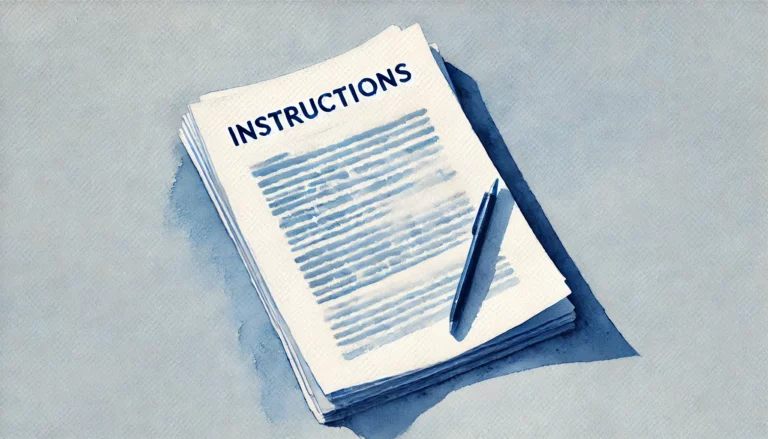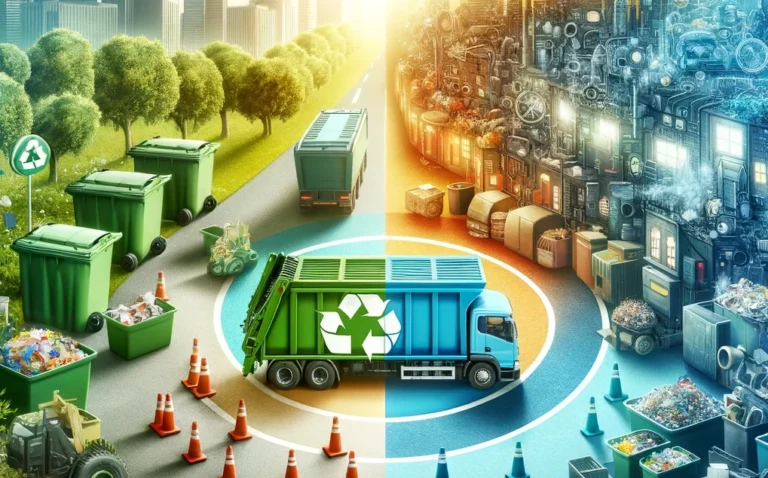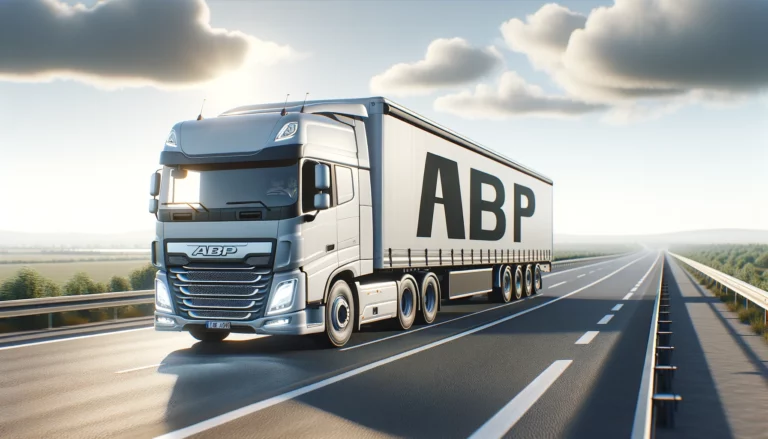Polish BDO – what to keep in mind when transporting waste
Poland’s waste management regulations have undergone significant transformations, directly impacting companies involved in waste transport, disposal, and processing. Foreign businesses operating in Poland must also align with updated laws, ensuring full transparency in waste handling and transport activities. Failure to comply can lead to severe consequences. As regulations become more stringent, understanding these obligations is crucial for any company involved in cross-border waste management. This article explores the latest changes in Polish waste law, the role of BDO in ensuring compliance, and key obligations for foreign companies.
Do you want to register your company in BDO? Contact us:
office@wastetransportsolutions.eu
Understanding Polish BDO and its role
The Baza Danych o Odpadach (BDO) is Poland’s official Waste Database Registry, designed to monitor and regulate waste production, transport, and disposal. It was launched in January 24th 2018 as part of Poland’s efforts to combat illegal waste management and improve environmental oversight. The system ensures that all waste-related activities comply with national and EU environmental laws.
Foreign companies operating in Poland must adhere to strict BDO regulations. This includes waste transporters, brokers, and waste-processing facilities. Without a valid BDO registration, businesses cannot legally transport or manage waste in Poland. Additionally, regular reporting is required to ensure transparency and adherence to waste management guidelines.
Recent changes to Polish BDO and waste law
Poland has introduced several key updates to its waste regulations, affecting both domestic and foreign businesses. We’ve covered this topic in more detail in a separate article, but here’s a quick rundown of the most important changes:
- Companies now face increased costs to register and maintain their BDO accounts. Micro-enterprises must pay 200 PLN during registration and annually, while larger businesses need to cover an 800 PLN when applying for BDO and later on as yearly fee. (Interesting tidbit: A micro-enterprise in Poland is a company with fewer than 10 employees and an annual turnover or balance sheet total of no more than 2 million EUR.)
- Companies in construction and demolition must now separate waste before disposal or recycling. This change encourages better resource recovery and reduces landfill waste.
- Every business that generates, transports, or processes hazardous waste must now document storage, movement, and disposal more precisely. These stricter requirements ensure transparency and compliance with environmental laws.
With these changes in place, businesses must act quickly to update their processes and avoid penalties. Keeping up with these new requirements will not only ensure compliance but also improve waste management efficiency.
Waste transport obligations under new regulations
Foreign companies transporting waste in Poland must now comply with stricter rules that improve transparency and environmental protection. Authorities have introduced more detailed documentation requirements, real-time reporting, and increased inspections to prevent illegal waste disposal and ensure proper waste management.
Before starting transport, companies must confirm each shipment in the BDO system. The notification of shipment must include information about the waste type, quantity, origin, and destination. Additionally, transporters must carry a KPO, waste consignment note at all times (either printed or in digital form). This document serves as proof that the shipment follows legal requirements. Without it, transporters risk immediate fines or having their cargo stopped.
New SENT reporting obligations from January 1, 2025
As of January 1, 2025, foreign companies must also comply with updated SENT (System Elektronicznego Nadzoru Transportu) reporting regulations. SENT is Poland’s electronic system for monitoring the transport of various goods, not only waste. Previously, only Polish-registered businesses had to submit SENT reports, but the new rules now extend this obligation to foreign transporters operating in Poland.
Under the revised system, every shipment must be reported in SENT before crossing the Polish border or starting domestic transport. The report must include:
- Detailed waste classification codes matching BDO records.
- Transport route information, including entry and exit points in Poland.
- Vehicle tracking data, ensuring real-time monitoring of waste movement.
Authorities will use SENT to cross-check BDO records, making it easier to detect irregularities. Failure to report a shipment in SENT or providing incorrect data can result in immediate fines and transport bans. Additionally, enforcement officers now have expanded powers to detain shipments if SENT and BDO records do not align.
Compliance strategies for foreign companies
To operate smoothly in Poland, foreign companies must take proactive steps to comply with BDO and SENT regulations while avoiding fines or transport restrictions:
- Optimize recordkeeping and reporting. Accurate reporting is crucial. Companies should implement digital recordkeeping systems that automatically update BDO and SENT reports. Integrating transport management software reduces errors and ensures compliance. Additionally, training employees on documentation procedures minimizes reporting mistakes.
- Leverage local expertise. Partnering with experienced Polish waste management firms can simplify compliance and improve logistics. Local partners understand classification, transport, and disposal rules, reducing regulatory risks.
- Stay updated on legal changes. Polish waste laws continue to evolve. Companies should monitor official announcements, join industry events, and consult legal experts to stay compliant and avoid disruptions.
By following these strategies, foreign businesses can ensure smooth operations and legal security in the Polish waste sector.
How these changes impact the industry
Poland’s stricter waste regulations signal a long-term shift toward greater transparency and environmental accountability. Foreign companies must adapt quickly to remain competitive and compliant. Authorities can track waste movement more efficiently, reducing illegal dumping and unregistered transport. Companies that invest in compliance early will avoid legal risks and gain a competitive edge in the market.
At the same time, rising operational costs due to higher fees and stricter requirements may push smaller firms out of the industry. Larger, well-prepared companies that embrace digital tracking, automation, and strategic partnerships will be better positioned to succeed. In the coming years, additional regulatory updates are likely, especially in hazardous waste management and cross-border transport. Foreign businesses must stay informed and flexible, ensuring they adjust their processes as laws evolve.
Key takeaways
Poland’s evolving waste regulations demand greater accountability from foreign companies, particularly regarding Polish BDO registration and SENT reporting. Compliance is no longer optional—it’s a legal necessity for any business involved in waste transport or management.
By acting proactively, companies can avoid penalties, maintain business continuity, and strengthen their position in the Polish waste management sector.







